The world of iPhone applications is about to undergo its biggest change since the launch of the App Store in 2008. Today, Apple officially and clearly announced its plans to change the rules for developers who launch applications for iPhone and iPad devices, but Only in the European Union, This is in response to the European Union's Digital Markets Act (DMA), and all the changes announced by Apple will come into effect in March. The big news is that third-party app stores will be allowed on iOS for the first time, breaking Apple's App Store status as the only place to install iPhone and iPad apps. Apple has a new system update in testing, and these changes will be available with iOS 17.4 in March.
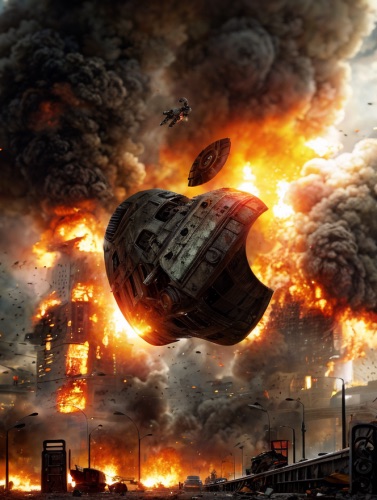
How do alternative app stores work?
Users in the EU and on iOS 17.4 will be able to download the alternative store from that store's website. In order to be used on the iPhone, these stores must go through an approval process from Apple. This means that if you want to create an alternative store to the Apple Store to place applications on, Apple must review your store and ensure special standards in it, and once you download the store application, you must You must explicitly give it permission to download apps to your device. Once the store is approved and installed on your device, you can download any app you want from that store, including apps that violate Apple's App Store rules. You can also set a third-party store as the default app on your device to download apps.
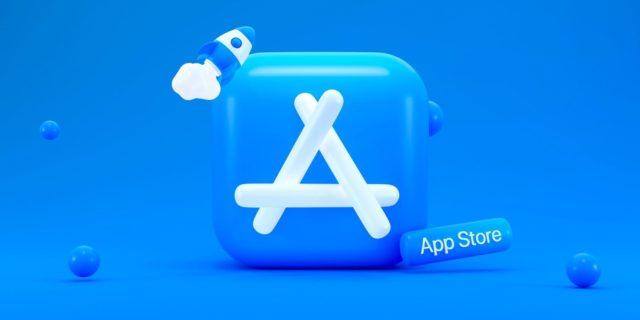
Meanwhile, developers can choose whether they want to use Apple's payment services and in-app purchases or integrate a third-party payments system without paying additional fees to Apple. If a developer wants to stick with Apple's current in-app payment system, there's an additional 3 percent processing fee.
Don't be too happy
Regardless that this is only available for EU countries, Apple still plans to closely monitor the app installation process. All apps must be “verified” by Apple, and installation of apps through third-party stores is still managed by Apple’s systems. Developers will only be allowed to distribute one version of their app across different app stores, and will still have to adhere to some basic platform requirements, such as scanning for malware.
Download jailbreak apps from alternative stores

You may think, dear naive user, that with the existence of alternative stores you will be allowed to download call recording applications, applications that change the system interface, and applications that provide you with jailbreak capabilities, but unfortunately I tell you no, the applications that will be installed from alternative application stores will remain inside the sandbox and this This means that without a jailbreak, these applications are still unable to access the full capabilities of the system, and although they are not restricted by the terms of the Apple App Store, the closed system itself, which was not opened by the jailbreak, will restrict these applications, but you will be able to download applications such as WhatsApp. Golden App, applications for downloading videos, browsing YouTube without ads, and other applications that violate the terms of the Apple Store but at the same time do not change the Apple system or use capabilities that are not available to developers.
There is a new cost to developers
Although it is possible for developers to pay no commission to Apple at all in the EU, depending on how they choose to distribute their apps. Apple is making changes to how its fee structures work, both in the App Store and for apps distributed from stores outside of it. Developers can either choose to use these new business terms, or stick with the current model and continue distributing via the App Store as usual.
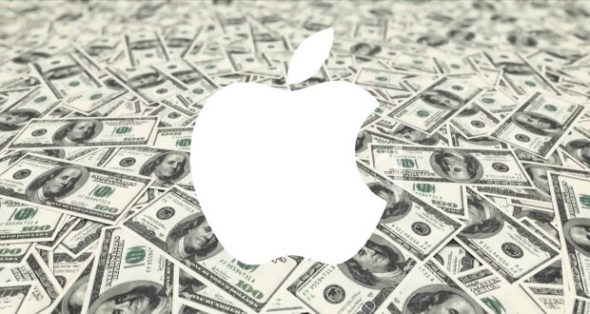
Under the new terms, apps distributed through the App Store that choose to use an alternative payment system will pay a 17% commission (instead of 30%) on digital goods and services. This commission rate drops to 10% for any apps that currently qualify for Apple's discounted "small business" rate. The additional 3% fee is then applied to developers who choose to use Apple's payment processing system.
More fees
The company is also introducing a new type of fee for apps downloaded from third-party stores. A new fee will charge developers €0.50 (about 54 cents) per annual app installation; This means that if the number of downloads for a developer reaches 2 million downloads per year, he will pay 100 thousand euros to Apple. However, this fee is not imposed until after one million annual installations in the European Union.
More advantages for EU countries
In addition to allowing app stores and alternative payment systems, Apple is also opening up other aspects of the iOS ecosystem in the EU. Alternative browser engines for WebKit will be allowed for the first time, and users will get the option of alternative browsers to install when they first open Safari on iOS 17.4.
Allow game streaming

The App Store is also opening itself up to allow game streaming services globally, which have so far been blocked under Apple's current policies.
Global DMA impact
These changes will likely be exploited by developers who have criticized Apple's control over iOS app distribution (Is EPIC the owner of Fortnite? Coming), because earlier this week, Spotify — which has long been a critic of Apple's commission rate — announced plans to bring back its in-app purchases to allow users to upgrade subscriptions or purchase audiobooks in the EU after the DMA comes into effect. But it's unclear whether the company would be happy to continue paying Apple the 17% commission if it uses an alternative payment processor.
The DMA, passed in 2022, is the EU's strongest attempt yet to rein in the alleged anticompetitive practices of big tech companies, which the regulation refers to as “gatekeepers.” The European Union appointed Apple as a gatekeeper last September, listing its App Store, Safari browser and iOS as “essential platform services” that must comply with DMA rules.
Not just Apple
In addition to Apple, the European Commission has also designated Amazon, Meta and Microsoft, along with ByteDance, TikTok's parent company, and Alphabet, Google's parent company, as gatekeepers under the DMA. Many companies have publicly announced upcoming changes to their services as a result of this regulation. Along with iOS, Google's Android operating system has also been designated as an essential platform service under the DMA, but it will likely have to make fewer changes than iOS; Since it technically already allows sideloading and third-party app stores (even if its policies around them have proven controversial).
Apple has continued to take a cut when it has had to allow third-party payments in the past. In response to a US ruling that Apple must allow links for external payments, it said it would allow developers to link, but said it would still charge a 27% commission. A similar approach has also been taken in South Korea and the Netherlands.
We'll have to wait and see whether Apple's changes, including its new commission rates, will satisfy its critics, like Spotify and Epic Games, which have fought hard against the so-called "Apple tax." But after years of theoretical debate and difficult judicial arguments, we are about to find out whether users, at least in the European Union, care much about alternative app stores and payment methods or whether they will choose to stick with Apple's security options for both downloading and installing apps. Or through secure payment.
Source:
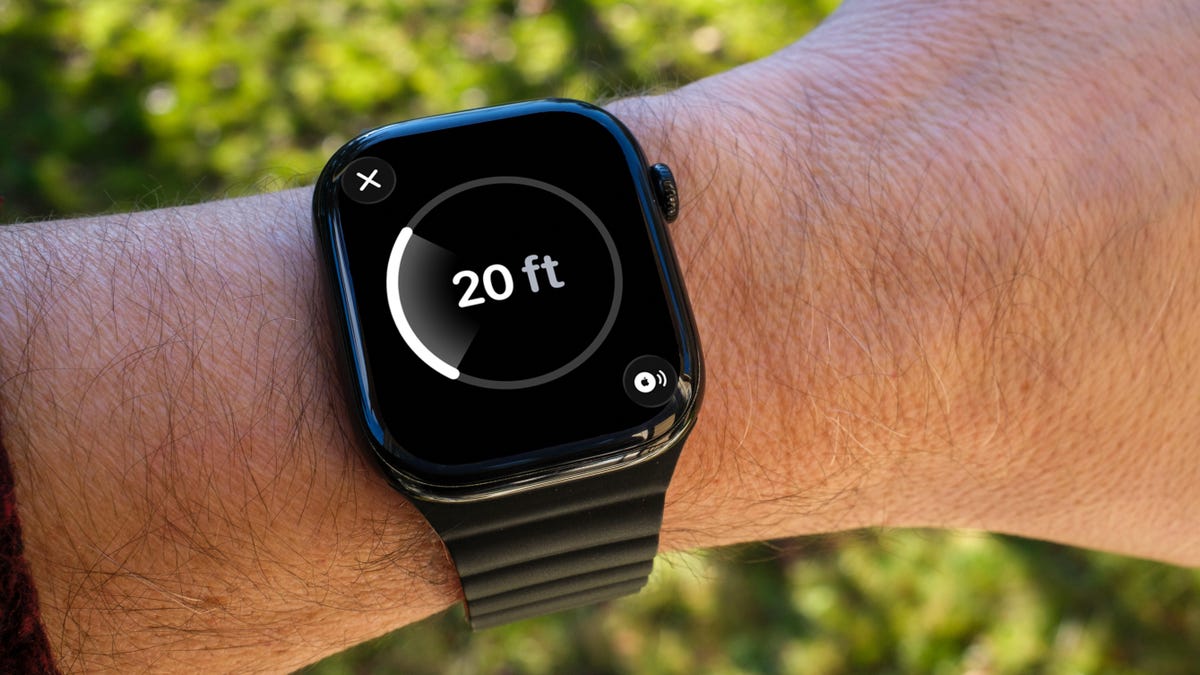
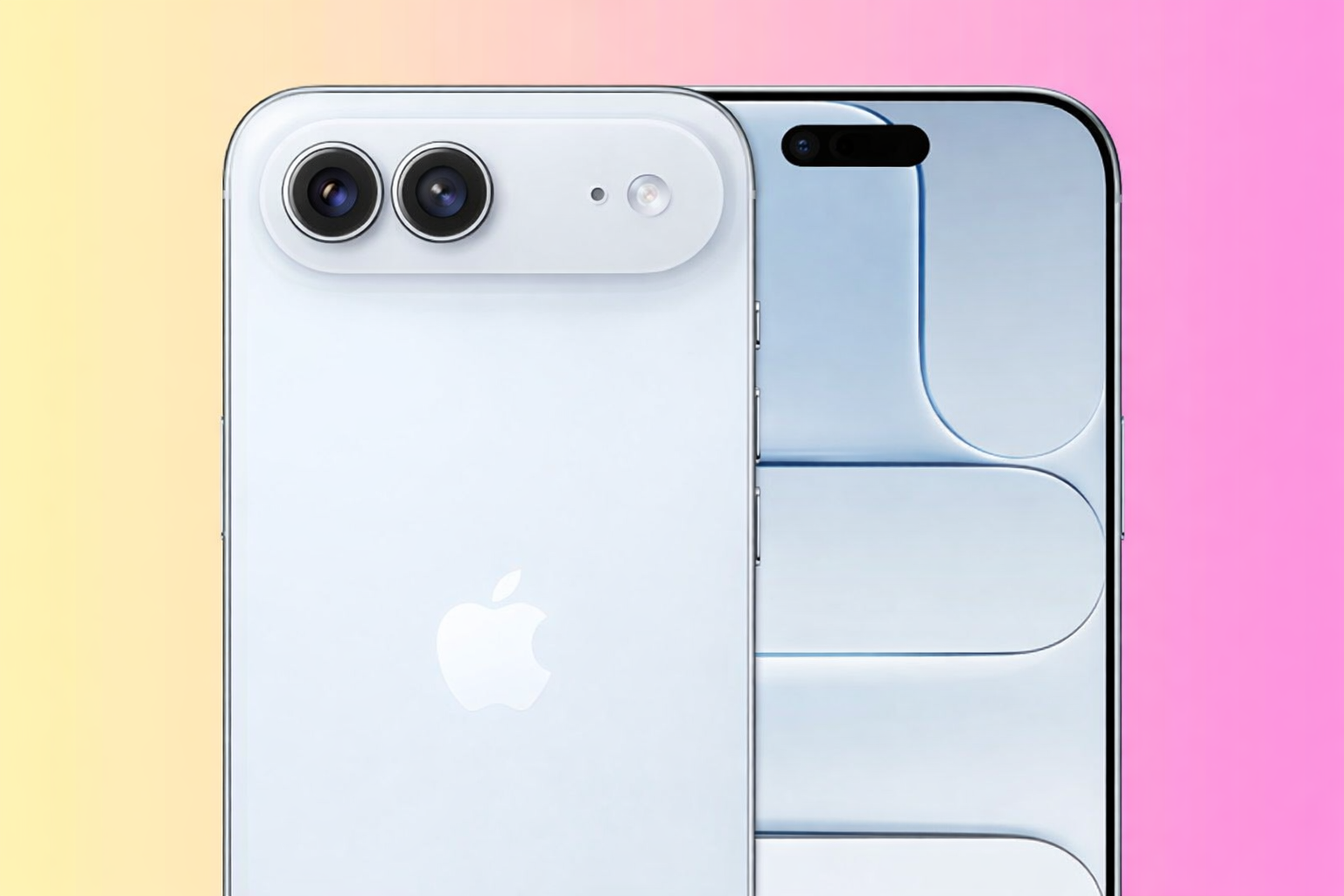
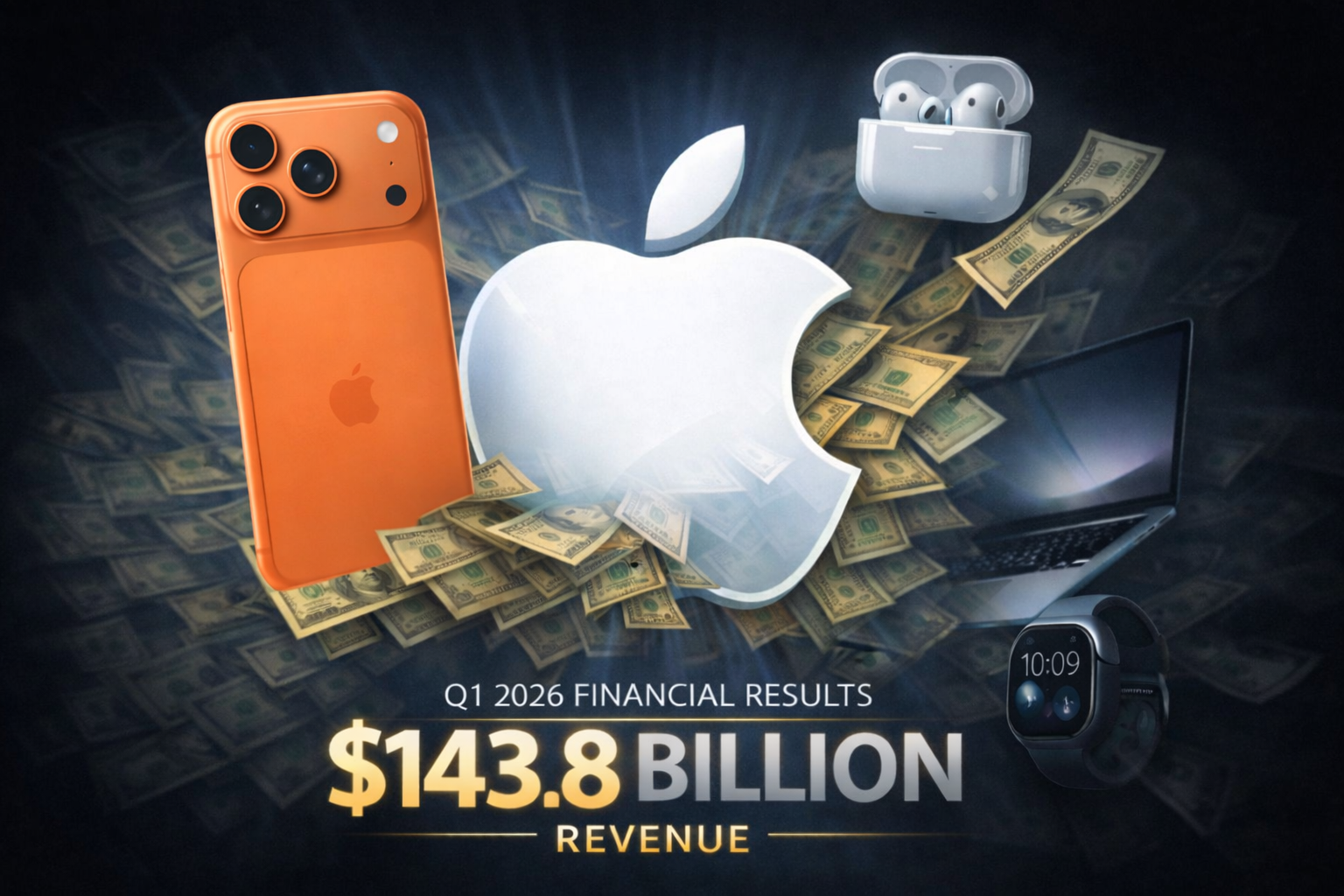
40 comment